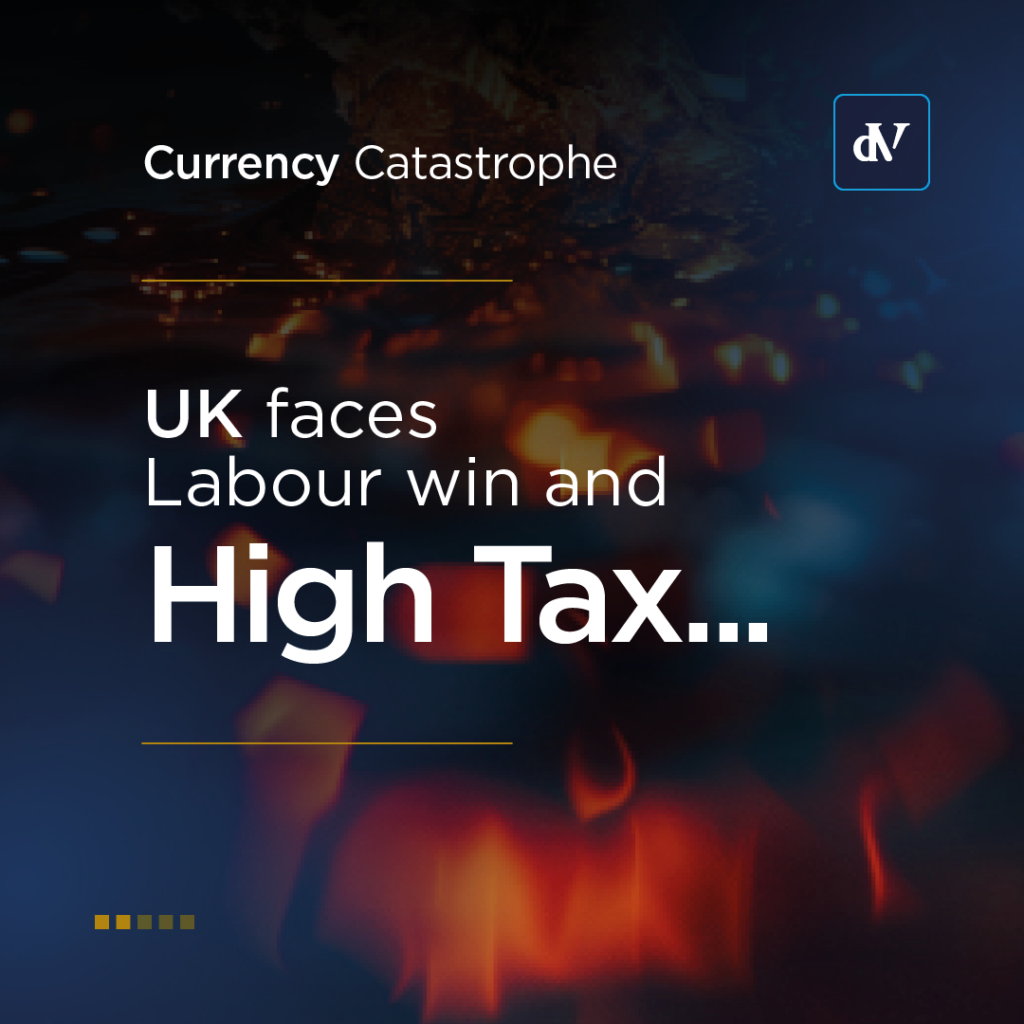|
Getting your Trinity Audio player ready...
|
It’s been a bad year for anyone who uses energy – that is to say, everybody. Over the Summer the price of petrol shot to £1.91 a litre, with analysts fearing the cost would soar to a national average of £2. Though prices at the pump have come down from their peak in June to 164.46p per litre of unleaded as of last month, that still marks a 20p year-on-year rise. But as we know all too well, it’s not just fuel – the price of heating our homes, operating our businesses and buying our groceries has soared. With Winter fast approaching, it is prudent to consider energy pricing and the future of the energy market.
Surge of Energy Prices
Energy prices surged following a rise in demand as Covid regulations were relaxed and were then aggravated by Russia’s invasion of Ukraine. The restricted access to Russian exports of national gas has been especially difficult in Britain, where the wholesale energy market is tied to the price of gas. Energy pricing is set by short-run marginal costs, meaning that the daily price is set at the level which can meet demand. As 40% of British energy is still generated by gas-fired power plants, the daily price accords with gas prices. The net effect of the upward pressure on bills sees the typical household facing an over 100% rise in energy bills.
The harshest edges of the rise in energy costs have been temporarily smoothed over by the government’s energy price cap. This will limit the average cost per unit of energy, with the bill being footed by the taxpayer and paid out to the energy companies. £90 million is being paid out to Shell alone, who are set to pass on savings to their customers worth around £400 a month. Initially set to last for two years, the duration of the freeze has been slashed, with it now being set to lapse in April of 2023. In the event analysts from Cornwall Insight predict a further rise in energy costs of 48% to £3,702 for the average household.
Energy suppliers have reaped the rewards of ballooning wholesale energy, with Centrica, the parent company of British Gas, launching a £250 million share buyback programme this week. Controversially, much of the companies’ profits have been yielded from North Sea gas extraction, and the cost is then levied on British consumers. Rishi Sunak has signalled his willingness to impose a windfall tax on the energy companies to raise revenue. Given Sunak imposed such a tax as chancellor, these record profits make a fresh levy likely under his premiership.
Energy Prices in the Short Term
The good news is that energy prices are falling in the short term. An unusually warm Autumn served to stifle demand – and a new deal touted by the Telegraph as imminent could see the cost of supply shortened too. It is reported that the Prime Minister is set to broker a major deal with the USA to buy billions more cubic metres of liquified natural gas. The move comes as Sunak’s government reinstated the domestic fracking moratorium, briefly lifted by the short-lived Truss government. This doesn’t bode well for long-term energy security but should allow Britain to swerve the spectre of blackouts this Winter.
However, these positive developments could be short-lived as Europe readies itself for next year’s Summer absent of any, or at least much, Russian gas. The European Commission are concerned to limit the demand side and is pushing for a 10% reduction in energy usage. However rising prices have already had this effect – and it hasn’t been sufficient, with the consequences continuing to manifest in unexpected ways.
The Investor’s Chronicle reports that major industrial users such as fertiliser companies have shuttered production and that the fall in prices we are seeing, is not likely to bring them back online immediately. Moreover, the number of profit warnings issued by UK-listed companies in the third quarter of this year reached its highest since 2008, with almost 60% of those companies citing spiralling costs in their missives. Bill Bonner, writing for Money Week paints a bleak picture of a world without fossil fuels. When King Louis XIV developed a toothache, he recounts, the resulting infection caused surgeons to remove his top teeth, puncture his palate, and break his jaw. His metaphor concludes “We are only ever nine miles away from anarchy, it’s been said. Let us hope we never see it”. And though the OPEC countries have rebuffed the advances of President Biden, and next year heralds more challenges than this – as long as those LNG tankers continue to come and go, we can stave off having our teeth pulled.




